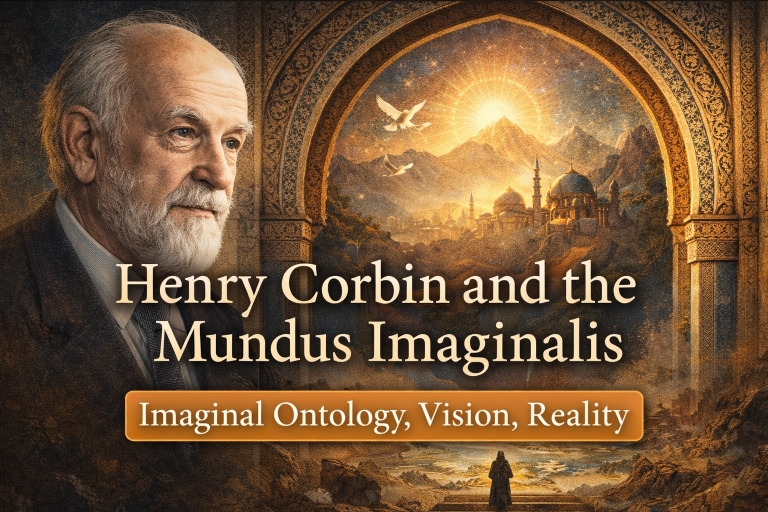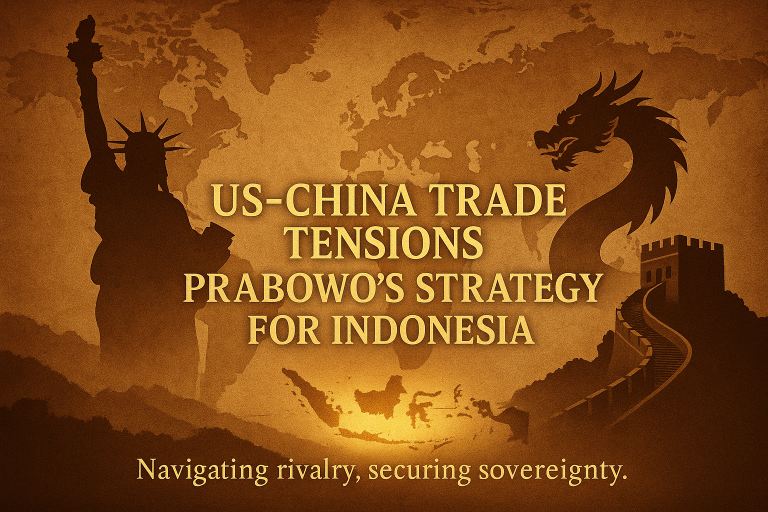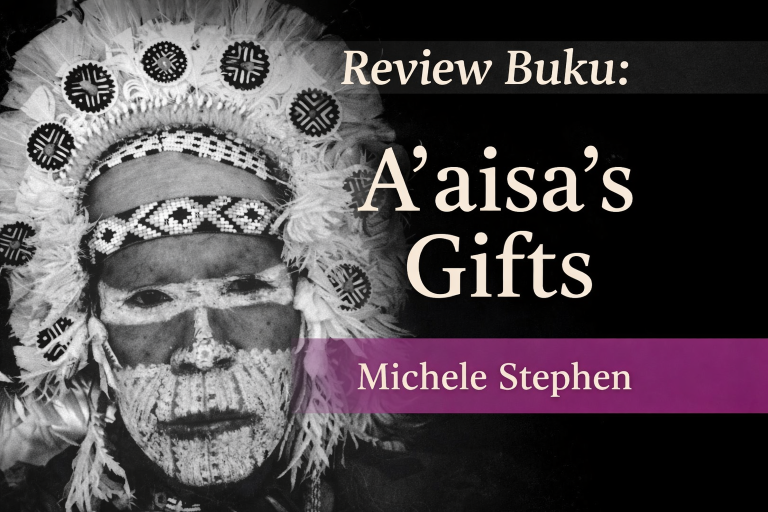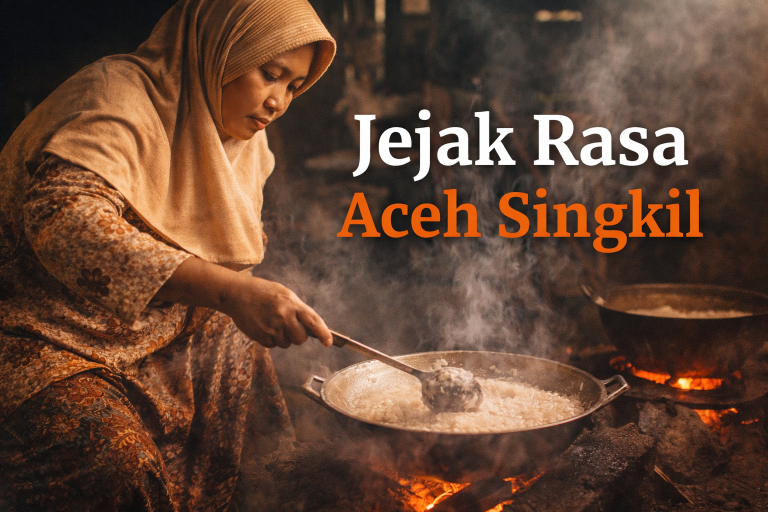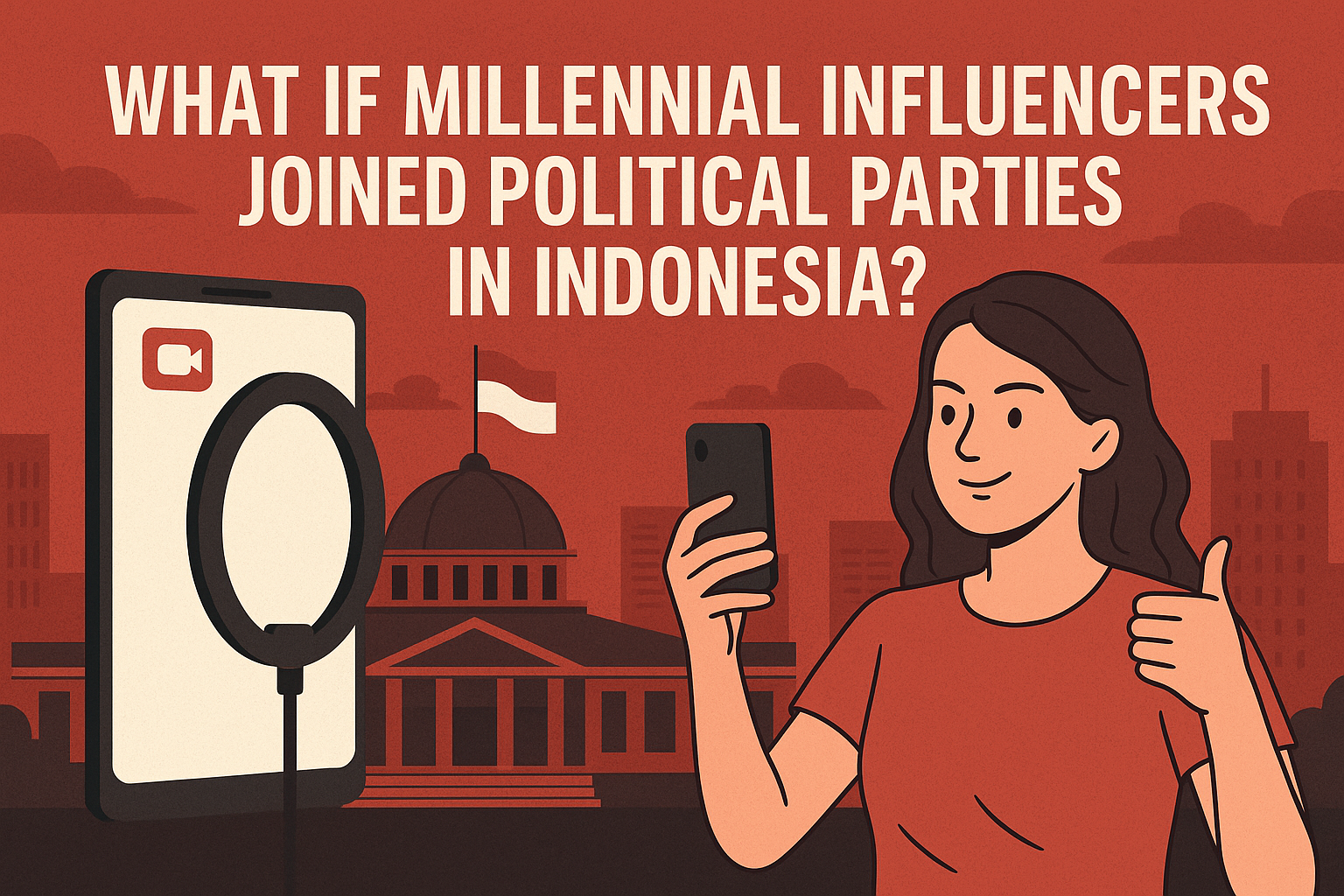
Can digital charisma replace political ideology? As Indonesia approaches the 2024 election, a new generation of influencers stands at the gates of power — turning likes, followers, and livestreams into political capital.
Introduction
In the past, politics in Indonesia was a domain for those with long political pedigrees — military officers, bureaucrats, intellectuals, or artists with social standing. But as we move deeper into the digital era, a new type of political actor is emerging: the millennial influencer. These are individuals whose authority is not derived from ideology or organizational hierarchy but from algorithmic charisma — the ability to capture public attention through platforms such as YouTube, TikTok, and Instagram.
The 2024 election season opens the door for this unprecedented transformation. Imagine a political race dominated not by party machines but by digital tribes, followers, and subscribers. These influencers — the so-called sultans and crazy rich millennials — already possess everything traditional politicians struggle to build: capital, visibility, and emotional connection with millions of people.
The question is no longer whether they can enter politics, but what will happen to Indonesia’s democracy if they do. Will they modernize politics with transparency and creativity? Or will they turn the state into another stage for self-promotion?
This essay examines that possibility. It explores how the logic of virality may reshape public service, how digital influence could evolve into political power, and what this means for the future of Indonesia’s democracy — a democracy increasingly shaped by metrics, content, and followers rather than ideas, parties, and ideology.
When Influencers Enter Politics: The Future of Indonesia’s Digital Democracy
In the evolving landscape of Indonesian politics, a new phenomenon is emerging on the horizon — the possibility of millennial influencers joining political parties in the 2024 general election. This development could mark a turning point in how power, popularity, and policy intersect in the digital age. For decades, Indonesian politics has been colored by the participation of artists, comedians, and musicians. Some have succeeded, others faded away. Yet the potential entry of social media stars, “sultans,” and “crazy rich millennials” represents something entirely new — the fusion of online celebrity culture with the machinery of governance.
The Rise of Digital Aristocrats
Unlike traditional politicians who rely on decades of party-building, these influencers already command enormous audiences. Their social media accounts function as mini media empires, boasting millions of followers, loyal fans, and access to sophisticated marketing strategies. Each day, their content reaches viewers across the archipelago — from Jakarta to Jayapura — shaping tastes, opinions, and even moral values. They have mastered the art of digital persuasion, understanding algorithms better than most campaign strategists.
If these digital aristocrats were to enter politics, the political ecosystem would undergo a seismic shift. They would not need door-to-door campaigns; their “campaign speeches” would be livestreamed, and their slogans would trend on TikTok within minutes. For the first time, political legitimacy could be measured not by party cadres or ideology, but by engagement rates and comment sections.
A New Generation of Political Players
Most of these influencers will be between 30 and 35 years old in 2024, an age when political idealism meets economic stability. In previous elections, millennials seemed indifferent to politics, preferring entrepreneurship, travel, and lifestyle branding. Yet the maturing of this generation coincides with a crisis of political trust among the youth. Many see politics as corrupt, distant, and outdated — a world dominated by slogans rather than substance. If they enter politics, they might bring a new aesthetic: modern, digital, and highly performative.
However, this optimism deserves scrutiny. The “Instagram generation” may not enter politics to change the system but to extend their brand. The parliament building could become another backdrop for content creation — the new “studio” of state authority. Meetings, debates, even oath-takings might be turned into vlogs, monetized through ads and sponsorships. When public service becomes part of a lifestyle narrative, democracy risks turning into performance.
Parliament as a Stage: The Politics of Content Creation
Imagine a parliament where every member livestreams committee sessions, posts selfies during plenary debates, and uploads behind-the-scenes clips from policy discussions. On the surface, this might enhance transparency. In practice, it could turn governance into entertainment. The very building designed for deliberation might evolve into a “content factory” where engagement metrics overshadow legislative quality.
Such a transformation reflects a deeper truth about digital capitalism: attention has become the most valuable currency. Influencers who enter politics will continue monetizing every aspect of their lives — including their political roles. Weddings, childbirth, charity, and travel are already content categories; politics will simply become another niche.
Wealth, Power, and the Mirage of Public Service
A young parliamentarian once told me that many who enter the legislature do not come to serve, but to be seen. For them, parliament is not a place for policy but for prestige. Wealth often precedes ideology. This young representative — barely thirty — confessed that some of his peers sought seats not to help the people but to prove their social superiority or to avenge previous political rejections.
When this mindset meets the influencer culture, the boundary between service and self-promotion dissolves. The “crazy rich” and “digital sultans” already have financial freedom; their motivation to enter politics may not be economic but psychological — the pursuit of symbolic capital, validation, and influence. Yet, without ideological grounding, their political ventures could mirror their content creation cycle: fast, viral, and fleeting.
The Reality of Party Politics
Even with their charisma and capital, influencers who step into politics will soon face the rigidity of party structures. Political parties demand loyalty, contributions, and conformity. Influencers used to independence will have to adjust to hierarchies, internal deals, and ideological compromises. They will have to pay deposits, attend endless meetings, and align with the party’s narrative.
The charisma that once made them stars might clash with the discipline of political machinery. Their ability to speak directly to millions could be restricted by party protocols. If they rebel, they risk isolation; if they conform, they lose authenticity. This tension will test whether digital fame can truly coexist with bureaucratic authority.
The Palace Experiment: Lessons from Jokowi’s Millennials
The former President Joko Widodo himself once experimented with this strategy. He surrounded his administration with young, social-media-savvy figures — the so-called millennial influencers of the palace. Some were meant to bridge the gap between government and youth culture. Yet, after several years, their impact has been minimal. Instead of transforming the state, many became absorbed into its inertia or attracted controversy due to elitist behavior.
This suggests a sobering truth: charisma without character produces spectacle, not substance. Political systems cannot be transformed merely by inserting popular figures. What matters is the ethical compass that guides their actions once power becomes reality.
The Ethics of Digital Power
Ultimately, the question is not whether influencers can enter politics, but whether they should. Politics requires sincerity, discipline, and an understanding of collective responsibility. Fame alone cannot produce justice. If the motivation to run for office is merely to follow a trend or to amplify personal branding, then democracy becomes a commodity — a show without soul.
The challenge for Indonesia’s future democracy lies in transforming followers into citizens, and content into conscience. The entry of influencers into politics will not automatically destroy the system, but it will test the moral foundation of our republic. True change, as always, begins not with the number of followers, but with the authenticity of intention.
Conclusion
The entry of influencers into Indonesian politics is not merely a matter of generational change—it is a sign of the metamorphosis of democracy itself. The boundaries between politics, entertainment, and commerce are dissolving, creating a new class of digital elites who treat political participation as an extension of their personal brand.
While this phenomenon may appear democratic—giving young, creative, and digitally fluent figures a chance to lead — it also raises deep ethical and philosophical questions. What happens when governance becomes content, and leadership becomes performance? When sincerity is replaced by strategy and service by spectacle?
Indonesia stands at a crossroads. The country can either embrace this new wave as an opportunity to refresh its stagnant political culture or risk descending into a post-truth democracy, where the pursuit of virality outweighs the pursuit of virtue.
Ultimately, the future of Indonesia’s digital democracy will depend not on how many followers an influencer has, but on whether they possess the moral clarity to use that influence for the public good. Politics, after all, is not a contest of popularity — it is a test of conscience.


